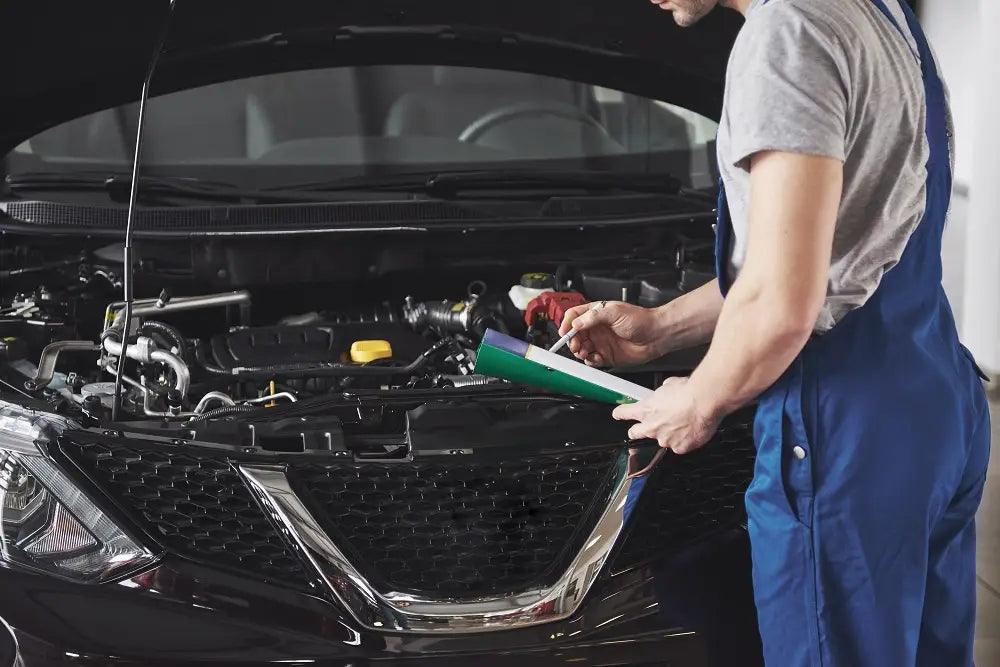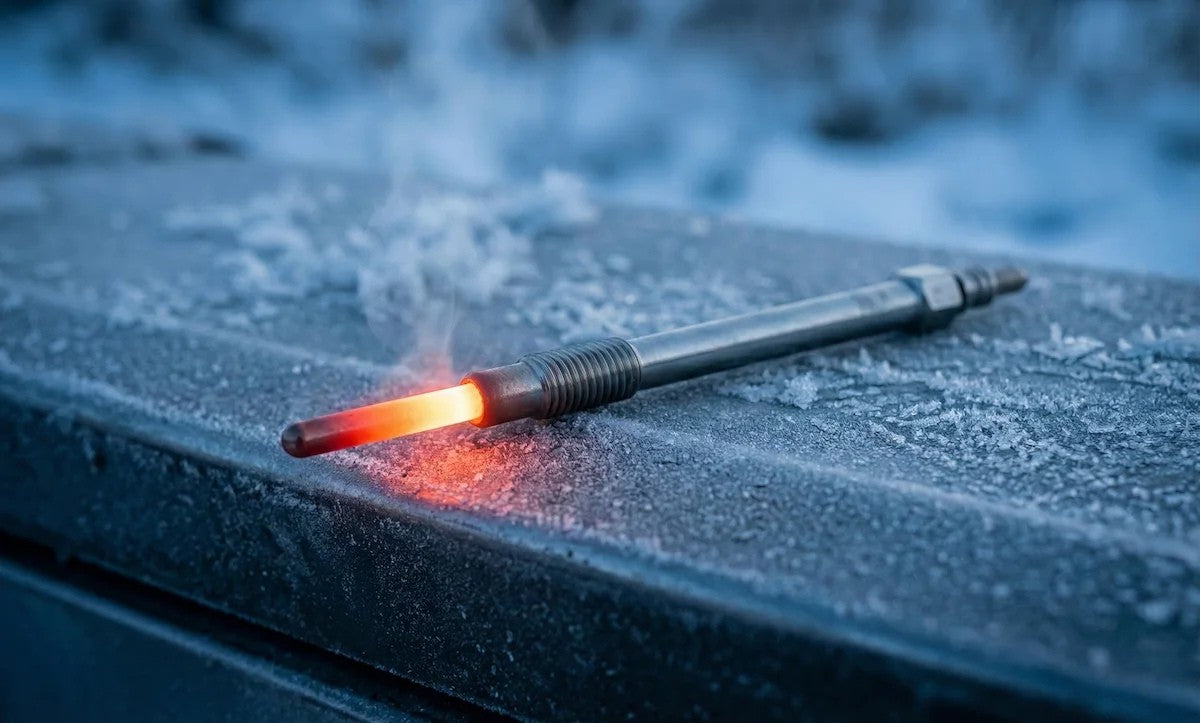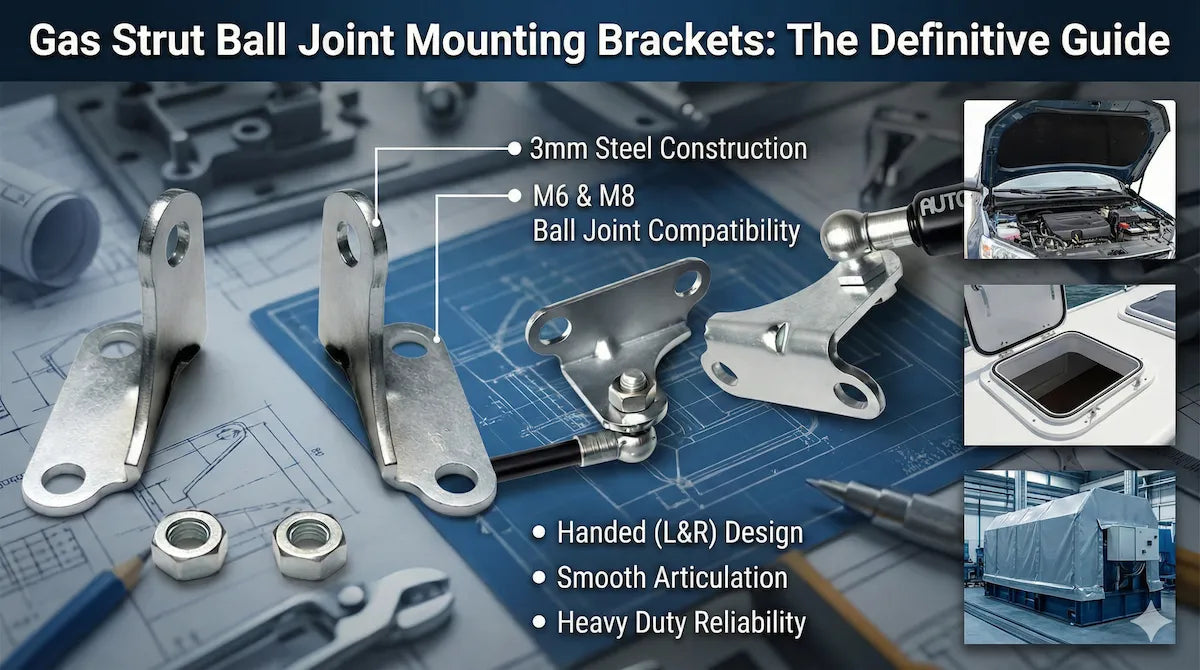Car Cooling System Components: Radiator, Water Pump, Thermostat & Fan
Cooling system components are essential for maintaining the health, efficiency, and longevity of a car’s engine. Without a properly functioning engine cooling system, excessive heat can build up and cause serious engine damage.
This guide explains the key car cooling components and how they work together to keep engine temperature under control.
Radiator
The radiator is one of the most important cooling system components. Its primary role is to dissipate heat generated by the engine.
Coolant flows through a network of tubes inside the radiator, while external fins increase surface area. As air passes through, heat is released, lowering the coolant temperature before it returns to the engine.
Coolant
Coolant is a mixture of water and antifreeze that circulates through the engine and radiator. It absorbs heat from the engine and transports it to the radiator for cooling.
In addition to temperature control, coolant also:
- Prevents freezing in cold conditions
- Raises boiling point in high temperatures
- Protects against corrosion inside the cooling system
Water Pump
The water pump is responsible for circulating coolant throughout the engine and radiator. It is typically driven by a belt or timing chain connected to the crankshaft.
Without a functioning water pump, coolant flow stops, causing rapid engine overheating.
Thermostat
The thermostat regulates coolant flow based on engine temperature.
When the engine is cold, the thermostat remains closed, allowing coolant to circulate only within the engine. As the engine warms up, the thermostat opens, directing coolant to the radiator for cooling.
This process helps the engine reach and maintain its optimal operating temperature.
Cooling Fan
The cooling fan pulls air through the radiator to improve heat dissipation, especially at low speeds or when the vehicle is stationary.
Modern vehicles commonly use electric cooling fans, which are more efficient and controlled automatically based on temperature and load.
Conclusion
The car cooling system is a coordinated network of components working together to prevent overheating. The radiator, coolant, water pump, thermostat, and fan all play vital roles in keeping the engine running safely and efficiently.
Regular maintenance—such as coolant replacement and component inspection—helps prevent overheating and extends engine life.
Frequently Asked Questions
What are the main components of a car cooling system?
The main cooling system components are the radiator, coolant, water pump, thermostat, and cooling fan.
What happens if the cooling system fails?
If the cooling system fails, the engine can overheat, leading to reduced performance or severe engine damage.
How often should coolant be replaced?
Coolant is usually replaced every 2–5 years, depending on vehicle manufacturer recommendations.
Can a faulty thermostat cause overheating?
Yes, a stuck thermostat can prevent proper coolant flow, causing the engine to overheat or run too cold.




